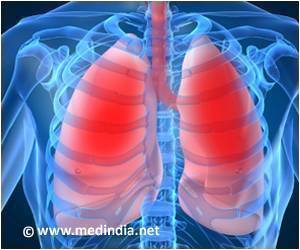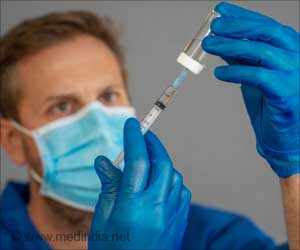These cases were notified across government hospitals and Gujarat Medical Education Research Society (GMERS) hospitals, the government said. Currently, Ahmedabad’s Zydus Hospital has around 40 such patients while Vadodara’s SSG hospital is treating 35 patients.
In Ahmedabad’s Civil Hospital at Asarwa, 19 patients are undergoing treatment at the two wards, with 60 beds each, which have been created for treating mucormycosis patients.
Earlier, on April 22, at a press conference organised by the state’s task force of medical experts in Gandhinagar, Dr VN Shah, the director at Zydus Hospital in Ahmedabad, had said within a span of two days the hospital had seen nearly 10 patients of mucormycosis and, overall, the private hospital was seeing an alarmingly high number of mucormycosis cases.
Leader of Opposition and Congress MLA Paresh Dhanani on Saturday also wrote to the chief minister requesting that sufficient stock of the Amphotericin-B injections be replenished at hospitals as shortages are being reported at several places.
Treatment can also include surgical intervention and control over diabetes, with the latter especially aimed at avoiding a relapse of the infection.
Symptoms can include one-sided facial swelling, headache, nasal or sinus congestion, fever, and black lesions on the nasal bridge or upper inside of the mouth that can quickly become more severe.
It may also lead to eye pain and ultimately result in loss of vision if not treated immediately. If in the lung, symptoms may include fever, cough, chest pain and shortness of breath.
Skin mucormycosis can look like blisters or ulcers and the infected area may turn black. Gastrointestinal mucormycosis may be indicated by abdominal pain, vomiting and gastrointestinal bleeding, doctors said.
Experts warned against excessive use of steroids, especially in those with uncontrolled diabetes.
Cancer patients, organ transplant patients, long-term steroid users, or those inhaling moist oxygen, malnourished or underdeveloped infants, and those who have had stem cell or bone marrow transplant are at increased risk of infection.
Dr Prachi Desai, said currently there have been cases where patients without a medical history of diabetes or long-term steroid usage were being detected with mucormycosis.
“It is suspected that Remdesivir could be causing an imbalance in sugar levels, which may then lead to this.
Recently, I had to operate and partially remove the lower jaw of a 60-year-old patient who was exhibiting all symptoms of mucormycosis but his biopsy and KOH microscopic examination the only two tests to clinically detect mucormycosis came negative. We operated going by the symptoms.
When this jaw section that was removed was sent for a biopsy, the report came as positive for mucormycosis… We will be reconstructing the lower jaw with fibula (calf bone) and are hopeful that since it is the lower jaw, there won’t be any further spread.”
The medical superintendent of Vadodara’s SSG, Dr Ranjan Aiyer, said, “Until now, the disease has been particularly prevalent in patients with uncontrolled diabetes.
Patients are now given steroids during Covid-19 treatment, which is a life-saving drug. But some essential drugs also indirectly affect the body’s immunity.
Mucormycosis spreads from the nose and the surrounding area to other places through the eye. So far, we have performed three orbital exenteration (extraction of the eyeball) on patients, whose eyes were severely affected due to the fungal infection.”
According to Dr Tatyarao Lahane, Directorate of Medical Education & Research, cases of mucormycosis, which is caused by a fungus named mucor & found on wet surfaces, are on the rise.
Eight COVID-19 survivors have died due to mucormycosis during treatment in Maharashtra, a senior official said on Saturday, adding the total 200 such patients are being treated.
Niti Aayog Member (Health) V K Paul on Friday said mucormycosis is caused by a fungus named mucor, which is found on wet surfaces.
When the same COVID-19 patient is put on oxygen support, which has a humidifier containing water, the chances of him or her getting the fungal infection increase.
“In such a scenario, the black fungus infects the patient easily and spreads. If the fungus reaches the brain of the infected person, it can prove fatal. In one such case, one of the eyes of a patient had to be removed permanently to save his life,” he said.
“Though this fungus is present in the environment, people with suppressed immunity as well as who have received steroids during COVID-19 treatment are more susceptible to it.
COVID-19 patients with co-morbidities are also vulnerable and can catch the infection early,” he explained.
Source: Medindia



